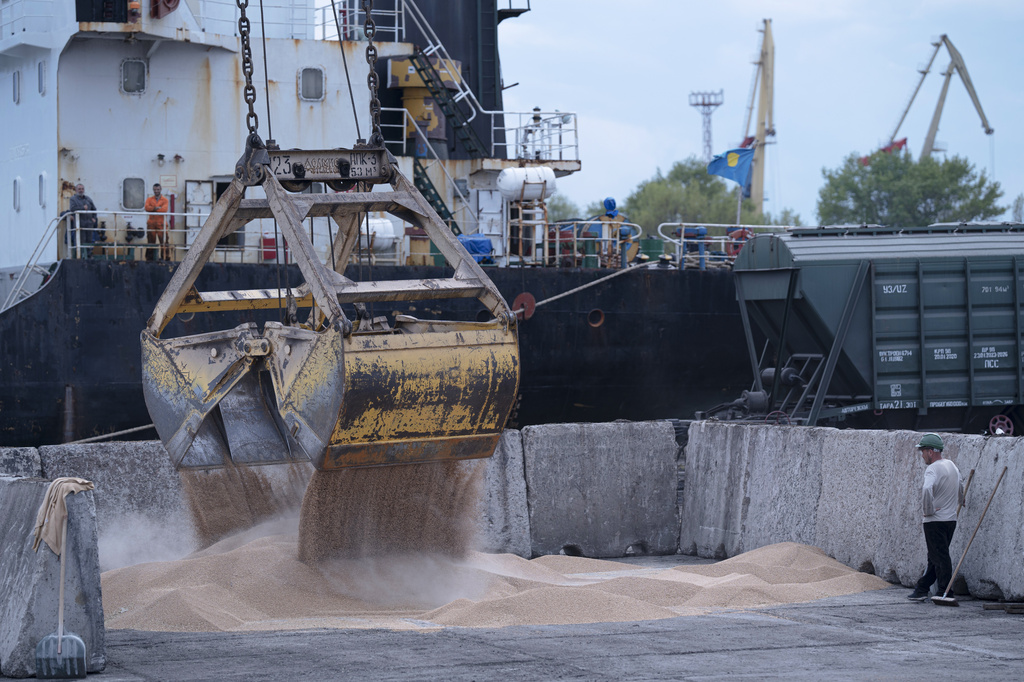EU member states are fully behind Ukraine and will give all the necessary support to Kyiv in these difficult times, but this must not mean that European farmers pay the price of war, eight members of the European Parliament’s Committee on International Trade (INTA) wrote in a statement on Thursday.
In the statement, the MEPs noted that the European Commission proposed at the end of February to extend the suspension of import duties, quotas and market protection measures for Ukrainian cereals into the European Union, the so-called autonomous trade preferences, for another year. Many farmers are worried that the EU’s move could mean more cheap Ukrainian grain flowing into their countries, which has led to a dramatic drop in prices and threatened many with bankruptcy.
The European Parliament committee voted on Thursday to extend for one year the autonomous trade liberalization measure facilitating imports of Ukrainian agricultural products into the EU. They said they had abstained on the vote to extend the trade measures.
“Our countries are fully committed to Ukraine and will give all the necessary support to Kyiv in these difficult times, but this should not mean that our farmers pay the price of war,” they wrote.
Some of the countries neighboring Ukraine, including Hungary, Poland, Slovakia and Bulgaria, have taken more direct action, including banning the import of Ukrainian grain and other agricultural products. Poland and Bulgaria still allow Ukrainian grain to transit through the country but are blocking it from being stored in Poland.
The statement in the European Parliament was signed by Enikő Győri and Ernő Schaller-Baross of Fidesz, Loránt Vincze and Gyula Winkler of the Democratic Alliance of Hungarians in Romania (RMDSZ), Dominik Tarczynski, Elzbieta Rafalska and Bogdan Rzonca of the European Conservatives (ECR) and Katarína Roth Neveďalová of the Social Democratic (S&D) Group in the European Parliament
The MEPs noted that by abstaining, they had given member states and the European Commission a chance to conclude their respective negotiations and reach an agreement acceptable to all member states. The extension of the regulation also gives the European Commission the possibility to apply exceptional safeguard measures to put an end to the current grain dumping crisis. However, the EU Commission must give concrete guarantees that it will deliver on its promises to governments and put these safeguard measures in place, the MEPs wrote.
Meanwhile, the European Commission has offered the affected countries €100 million to alleviate any market difficulties arising from the previous import of cheap Ukrainian agricultural products.





